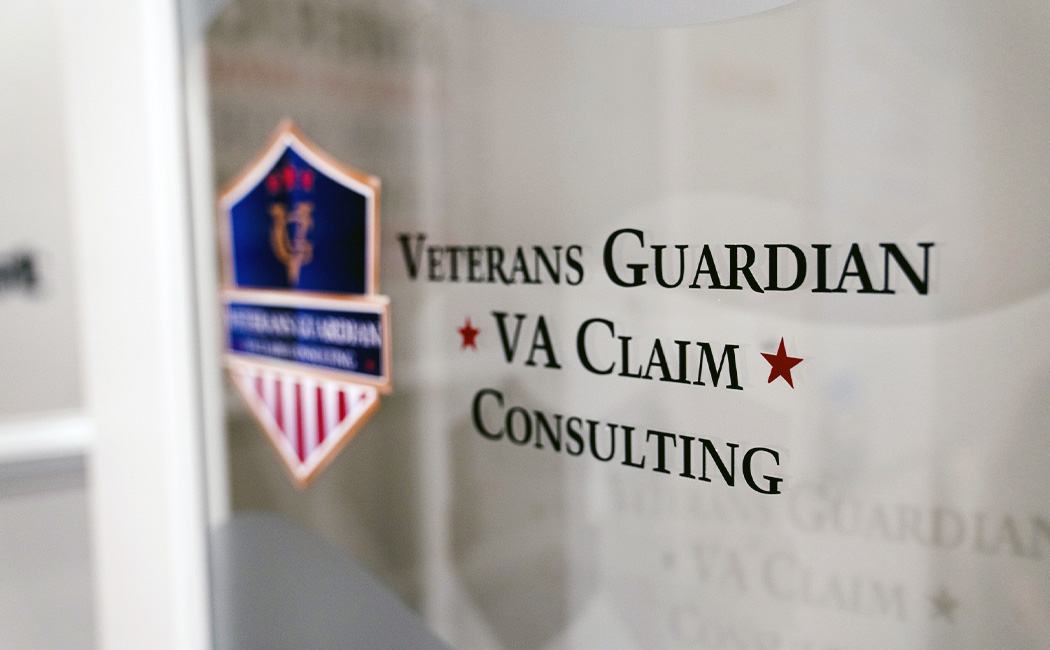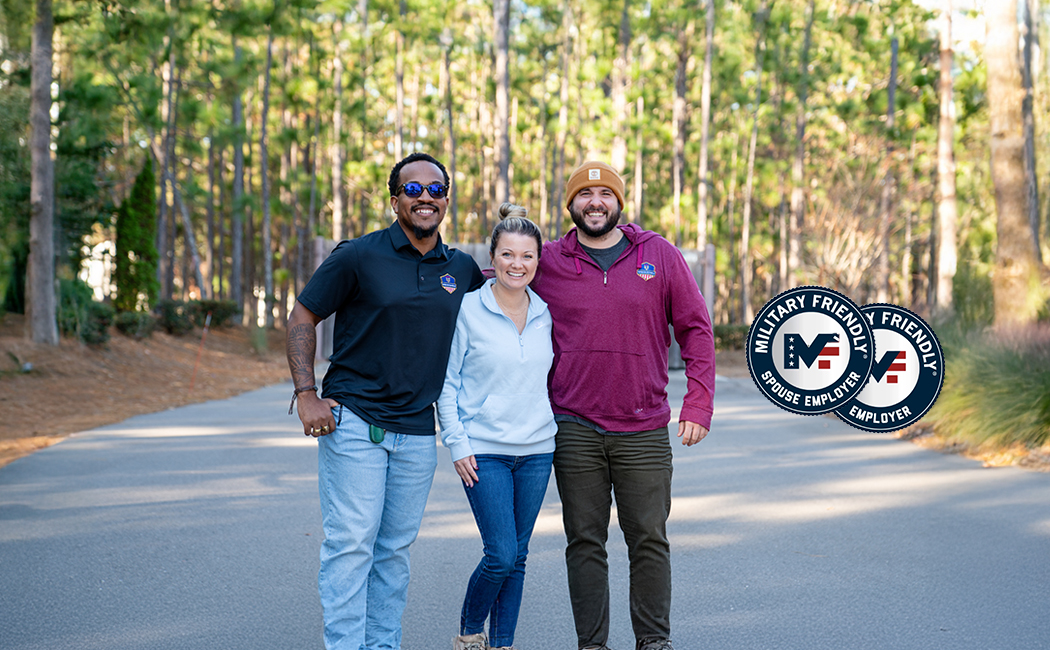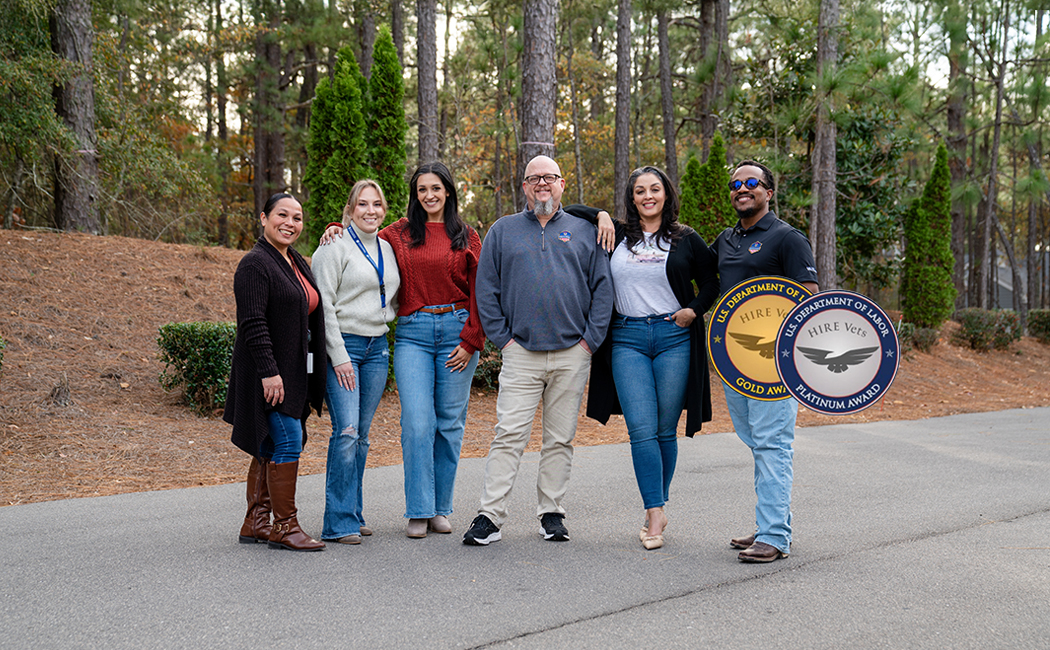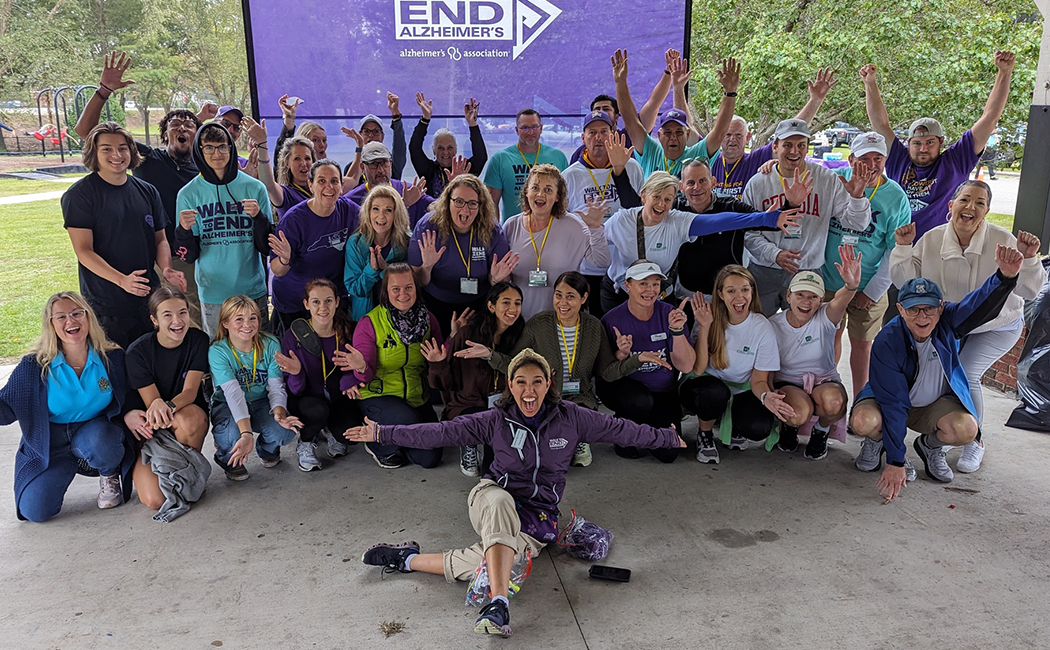Transitioning Skills: From Military Service to Civilian Careers
Transitioning Skills: From Military Service to Civilian Careers
Helping Veterans Identify and Leverage Transferable Skills for Success in Civilian Jobs
Transitioning from military service to a civilian career can be a challenging but rewarding experience. Veterans bring a wealth of valuable skills to the table, from leadership and discipline to specialized technical knowledge. The key is understanding how to translate these abilities into language that resonates with civilian employers. With the right guidance, Veterans can confidently enter the civilian workforce and excel in new roles that align with their military-acquired skills.
This article will explore how Veterans can identify their transferable skills, understand the civilian job market, and use available resources to secure a fulfilling career after service.
1. Recognizing and Translating Transferable Military Skills
Military service develops many unique skills, but these aren’t always immediately recognizable to civilian employers. By focusing on core competencies—such as leadership, adaptability, and teamwork—Veterans can identify the skills that transfer seamlessly into civilian roles. Translating these skills into language that resonates in civilian industries is essential.
Identifying Core Competencies
Some common skills developed in the military include:
- Leadership: Military service instills strong leadership abilities, from managing teams to making high-stakes decisions. Leadership roles in civilian industries, such as project management or operations, can greatly benefit from this experience.
- Discipline and Time Management: Military personnel are trained to work efficiently and meet deadlines, qualities highly sought after in any workplace.
- Problem Solving and Adaptability: Veterans are often required to assess situations, make quick decisions, and adapt to changing circumstances. These problem-solving skills are assets in roles requiring critical thinking, like logistics, planning, or consulting.
- Technical Proficiency: Many Veterans possess specialized technical skills, from IT to engineering, making them ideal candidates for jobs in tech, cybersecurity, and skilled trades.
Explore more about common skills gained in the military
Using a Military Skills Translator
A military skills translator can help Veterans convert their experience into civilian job descriptions. These tools allow Veterans to enter their Military Occupational Specialty (MOS) code, returning a list of equivalent civilian job titles and relevant skills. Websites like Hire Heroes USA and O*NET OnLine provide military skills translators to assist Veterans in identifying and understanding potential career paths.
2. Understanding the Civilian Job Market
Navigating the civilian job market is a new experience for many Veterans. Learning about industries that align with military skills, understanding hiring processes, and targeting industries that prioritize Veteran hiring can make this transition smoother.
Researching In-Demand Industries
Many industries actively seek Veterans, including healthcare, IT, logistics, manufacturing, and public safety. Some of the most common career paths for Veterans include:
- Project Management: Project management requires many of the same skills Veterans have honed during service, such as planning, resource management, and leadership.
- Cybersecurity and Information Technology: Veterans with a technical background, especially those in roles like communications or intelligence, have valuable skills that are highly sought after in cybersecurity and IT.
- Manufacturing and Skilled Trades: The military often provides hands-on training in mechanical and technical fields, making Veterans excellent candidates for roles in manufacturing, construction, and engineering.
- Logistics and Supply Chain Management: Many Veterans possess strong organizational and logistical skills, making them well-suited for roles in supply chain management.
Explore industry trends and job market insights at the Bureau of Labor Statistics
Targeting Veteran-Friendly Employers
Many companies recognize the value Veterans bring to the workplace and have developed Veteran hiring initiatives to help Veterans transition successfully. Employers like Amazon, Boeing, and Lockheed Martin have programs tailored for Veterans, offering training, mentorship, and career development resources.
The Military Friendly Employer designation is awarded to companies, like Veterans Guardian, that have demonstrated a commitment to hiring and supporting Veterans. Veterans can research companies with this designation to find organizations that value military experience and provide supportive work environments.
3. Building a Strong Civilian Resume and LinkedIn Profile
Crafting a resume that translates military experience into civilian language is essential for success in the job market. Similarly, a well-optimized LinkedIn profile can connect Veterans with potential employers and Veteran-focused job networks.
Crafting a Civilian-Friendly Resume
Focus on using clear, concise language to explain military roles and accomplishments. For example, instead of listing “Platoon Sergeant,” describe the role as “Team Leader” or “Operations Manager.” Highlight accomplishments, such as successfully managing teams, completing projects under pressure, or achieving recognition, to showcase strengths that align with civilian job descriptions.
- Focus on Results: Employers want to see measurable achievements, so highlight specific accomplishments, such as managing a team of 20 or reducing project completion times by a certain percentage.
- Use Keywords: Incorporate keywords from job descriptions to ensure your resume aligns with the language employers are looking for.
Explore Veteran resume tips at Military.com.
Building a LinkedIn Profile
LinkedIn is a powerful tool for Veterans entering the civilian job market. Veterans should ensure their LinkedIn profile includes a strong summary that highlights their military background, key skills, and career goals. Joining LinkedIn groups for Veterans, such as “Veteran Mentor Network” and “Veterans in Technology,” can also provide networking opportunities and job leads.
4. Leveraging Available Resources and Support
There are numerous resources designed to assist Veterans in finding jobs, building skills, and transitioning to civilian life. From job training programs to mentoring opportunities, these resources can be invaluable.
Hire Heroes USA
Hire Heroes USA is a nonprofit that offers free career coaching, resume assistance, and job placement services for Veterans and military spouses. With a mission to empower Veterans to succeed in civilian careers, Hire Heroes USA provides workshops, virtual career fairs, and job listings tailored to Veterans.
The Department of Veterans Affairs (VA) Vocational Rehabilitation and Employment (VR&E) Program
The VA’s Vocational Rehabilitation and Employment (VR&E) program assists Veterans with service-connected disabilities by providing job training, resume development, and skills coaching. This program is specifically designed to help Veterans find and keep civilian employment suited to their skills and abilities.
Veterati
Veterati is a free mentorship platform that connects Veterans with professionals across various industries. Through one-on-one mentoring sessions, Veterans can receive career advice, networking tips, and job-seeking guidance. Veterans can connect with mentors who share similar interests or industry goals, making this a powerful tool for those entering unfamiliar fields.
Embracing the Transition with Confidence
Transitioning from military to civilian life presents challenges, but with the right approach, Veterans can leverage their unique skills and experiences to build rewarding careers. Identifying transferable skills, understanding the job market, and utilizing resources like Hire Heroes USA and LinkedIn can make this journey smoother and more successful.
At Veterans Guardian, we’re committed to supporting Veterans in all aspects of post-service life, from career transitions to personal development. If you’re a Veteran seeking guidance, remember that the skills you gained in the military are valuable and sought after—embrace the journey and build the civilian career you deserve.










